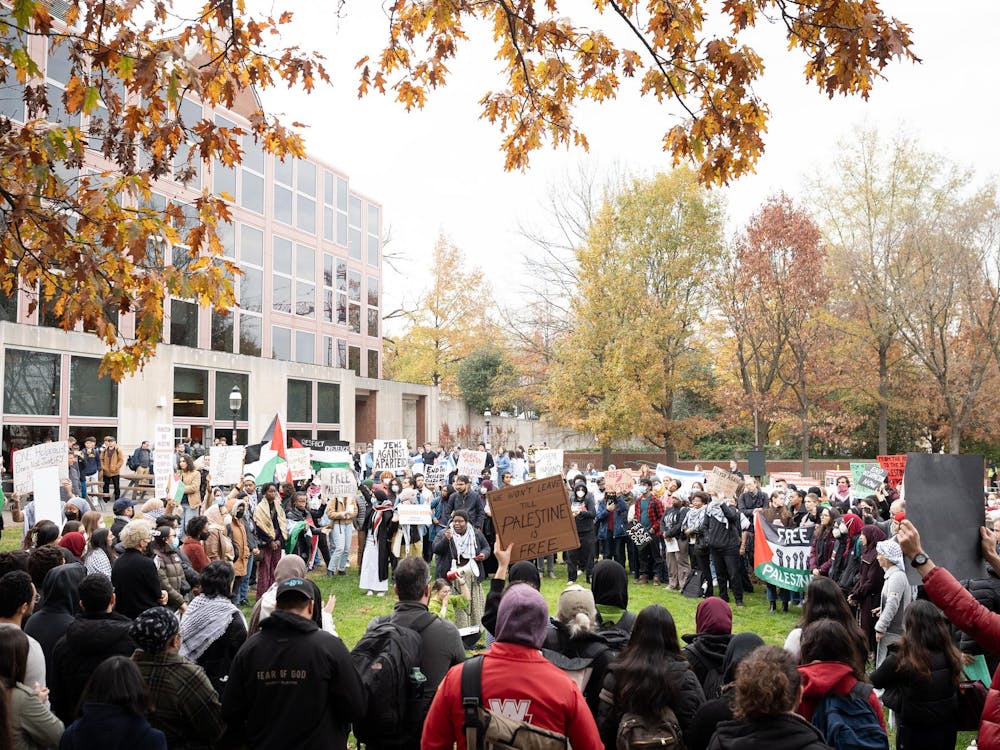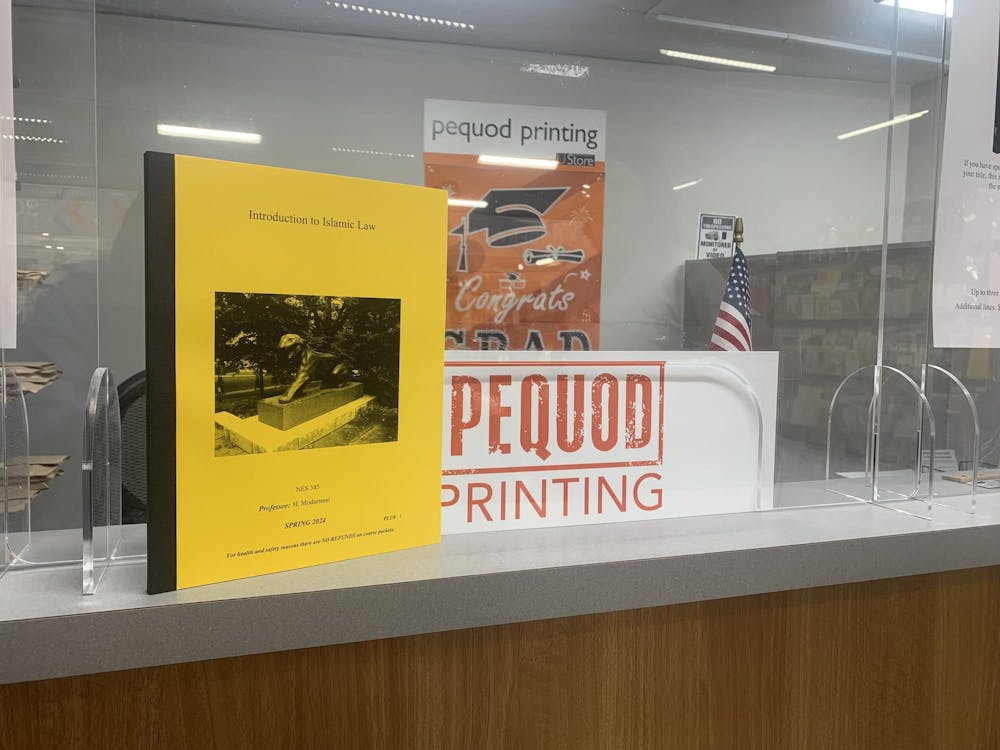Last spring, college students nationwide discovered that they had the right to view their college admissions files. Word quickly spread through Buzzfeed and many college newspapers, including “the Prince.” This new information meant that, for the first time, students at Princeton and elsewhere could find out exactly why they were accepted into their respective schools.
Last November, however, changes were made to FERPA, the law that governs access to educational records, that meant that students no longer had this right. These changes were made without any fanfare, probably to avoid reigniting the heated discussion that took place last spring. Given so many students’ interest in viewing their admissions files, it would have been more honest and transparent for the University to announce these changes clearly and directly to the student body.
Students are divided on the advisability of viewing their admissions records. Bennett McIntosh recently wrote about how viewing his admissions record gave him valuable insight into the ways the process works. In contrast, Ryan Dukeman wrote a column last year about what he perceived as the dangers of viewing your admissions record.
Anecdotally, I have friends who chose to view their file and others who thought I was crazy for even considering it. In any case, strong opinions on both sides of the issue make it clear that the University ought to have been clearer in communicating this issue that clearly matters a lot to the students.
I found out about the changes when I tried to view my admissions file. When I went to West College to view the file, I was given only the materials that I had submitted to Princeton myself. When I asked why this was, I was told that changes had been made to FERPA in November 2015. Looking back at the response to my request to view the file, I could see that there was an implication that I would not be able to view admissions officers’ notes on my application. However, this was fairly subtle, and nowhere was it indicated that what I would be able to view had changed in any way from what people had been allowed to view in past months. Since friends of mine had successfully viewed their files only weeks before, I did not take note of it.
After a little research, I was unable to find anywhere where the University had outlined or announced the changes to FERPA. I contacted the Admission Office for more information, but no one ever responded. After my experience, I talked to several students who were also interested in viewing their admissions files. None of them were aware of the newly limited scope of what they would be able to access. Some had already requested to view their files and had received the same response as I had, but still did not realize that they would not be able to see admission officers’ and alumni interviewers’ notes.
It is extremely important for students to understand the policies regarding their rights at this university. Regardless of whether or not we should be allowed to view our full admissions files, I do believe we have the right to know whether or not such is within our ability. The University has a duty to keep us informed about big changes to policy such as this one, especially in light of the fact that so many students care deeply about this particular right. A transparent University, in addition to fostering trust, ensures that students feel more like fully participatory members of the Princeton community.
Zeena Mubarak is a Near Eastern Studies major from Fairfax, Va. She can be reached at zmubarak@princeton.edu.








